Tony Mackay has been an economist for long enough to realise that forecasting in his field of expertise is never an exact science.
But he has watched the problems mount up in recent years in Scotland to the stage where the combination of a dwindling population, an ageing workforce and the impact of Brexit on migrant workers helping to fill vacancies in the NHS, the hospitality sector and across rural and island communities, is creating a perfect storm of turbulence.
Whereas the UK population, as a whole, has been projected to fall by a relatively minor 1.3 million people between this year and 2072, the figure for Scotland is anticipated to diminish by nearly 900,000 – a significant drop of 16% – during the same period, according to the independent Scottish Fiscal Commission.
And although different business figures have offered various solutions to addressing spiralling inflation and interest rates across Britain, with the recession expected to last until at least 2024, Mr Mackay believes none of them offers a panacea.
Brexit has blighted the labour market
As he said: “It’s a very complex issue, but a declining population obviously implies declining economic output, with fewer jobs and reduced services.
“A key part of supply is the labour supply. Fewer people means a smaller labour supply for businesses and that has been very evident in Scotland since Brexit. The hospitality and tourism industries have been badly hit by so many Poles, Romanians and other EU nationals having to leave the country.
“Population growth could come from the resident population or from incomers. But there seems little chance of a growth in the domestic population in the foreseeable future. Many young people have left in recent years because of the poor performance of the Scottish economy and other issues.
“The only solution would be increased immigration, but that is also very unlikely while the Conservatives are in power.”
What options exist in Scotland?
Aberdeen-based researcher Kirsten Gow was part of a Scottish Government working group which looked recently at the possibility of introducing a Rural Visa Pilot initiative for Scotland; an idea which reflected the Holyrood administration’s belief that, given its many remote communities and island locations in the north of the country, it has a greater need for flexible immigration than other parts of Britain.
The scheme would have allowed businesses in remote and rural communities an exemption from UK regulations over hiring EU and other foreign nationals, but it was rejected by the Home Office which insisted that immigration should remain a reserved matter for the Westminster Government.
Ms Gow told the Press and Journal: “The proposal came about due to a recognition that rural Scotland is not well served by UK immigration policy at present.
“Many of our rural and island areas are suffering from long-term depopulation with knock-on effects for service delivery and business growth.
“As well as a need for investment in housing and wider infrastructure, these places need people on the ground to deliver core services, work in local businesses, and fill the many volunteer roles that communities are now expected to cover.
“Making sure that people who want to stay in their communities can remain is important, but there will always be people who move away. Research already tells us that many of these areas will require in-migration in order to maintain or sustainably grow their populations and the Rural Visa Pilot, which was designed by stakeholders from across rural and island Scotland, could be an important tool in encouraging this.”
Yet, whatever its merits, there are other pressing issues in the mix.
Scotland lags behind other nations
Mr Mackay recently carried out an analysis of the UK’s GDP growth rates for the decade from 2010 to 2019. His findings showed the Scottish average at +1.04% was only 57% of the UK average of +1.84% and comparisons with other European nations were stark.
The equivalent growth figure in Iceland was +1.9%, while it was +2.2% in Ireland and +2.6% in Norway – a country which created an oil fund and is reaping the benefits of it.
However, these statistics have sparked renewed arguments between those clamouring for Scottish independence and those campaigning for the status quo.
None of which eases the problems for hospitals and care homes which are desperately short of trained staff or myriad Highland businesses facing a bleak future.
Repopulation can’t happen overnight
Most people in Scotland seem to agree that immigration is necessary, given how many people are leaving their roots and relocating to England or Europe for work.
Keith Bender, professor of economics at Aberdeen University, believes there has to be a greater emphasis on the positive influence which migrants can bring, rather than focusing on the negativity which surrounded events in the south of England this week.
He said: “Population growth, either by citizens or through net migration, will generate economic growth. Even if the new entrants (babies or immigrants) do not work, there would be an increase in demand for goods and services anyway.
“Of course, many/most do work and so will not only consume goods and services, but also generate them as well. Thus, population growth is a key determinant of growth.
But people need the right jobs
“However, you can have growth outside of population growth as well – namely through [enhanced] productivity. This can be done through increases in the skill levels of workers, by [putting] a focus on education, skills development and reskilling.
“However, central to this – and a point often forgotten by politicians – is that there need to be employers with jobs that fit those skills. If you do not have this, then you have what many economists call an ‘educational mismatch’ or ‘skills mismatch’.
“Not only does this kind of mismatch generate lower pay, lower job satisfaction and lower productivity, but skilled workers are generally quite mobile and they will go elsewhere to find jobs where their skills match.
“If they move, a society doesn’t just lose out on the potential growth, but also on the investment on education and/or skills acquisition. Neither is good.”
What’s best to grow the economy?
Ultimately, there are no magic potions which Scotland can unveil to transcend the lack of growth in the British economy and bolster its GDP in the current climate.
Indeed, according to Mr Mackay, some of the potential solutions on the table would probably stoke up more resentment and industrial problems than they would solve.
He said: “You’ve asked how Scotland can grow its economy with a declining population. Theoretically, by increasing economic output per person. That implies investment in more capital intensive facilities and reducing the labour required. Some industries are already very good at that, such as whisky distilling.
“You might also do it by getting people to work longer, for instance not retiring at 65, and working longer weekly hours.”
No quick fix on the table
However, the latter option has already been dismissed by trade unions and other bodies and asking employees to remain in the workplace until they are 70 will only keep the door closed to those following in their footsteps.
Mr Mackay added: “The Aberdeen area has been the worst affected in Scotland because of the decline in the North Sea oil and gas industry. There are fewer people in work and much lower spending in local shops. Diversification into renewable energy has been very disappointing to date.
“The Highlands and Islands have been the worst hit by Brexit because of EU workers leaving the tourism and hospitality industries.
“And, if Brexit isn’t overturned, I can’t see any changes for the better.”
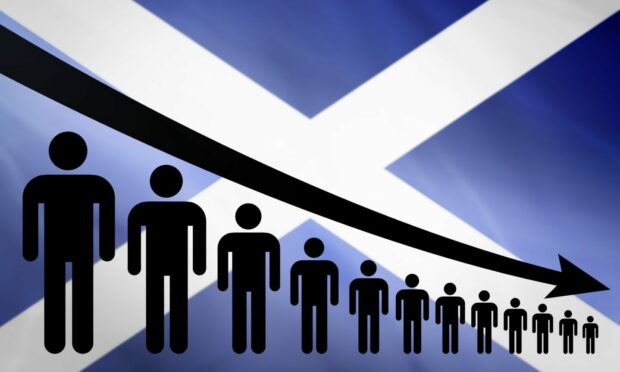
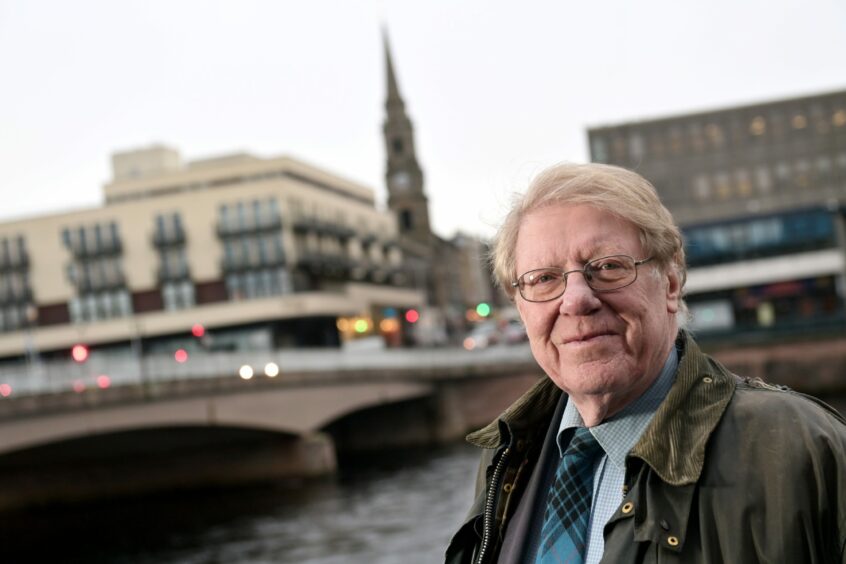
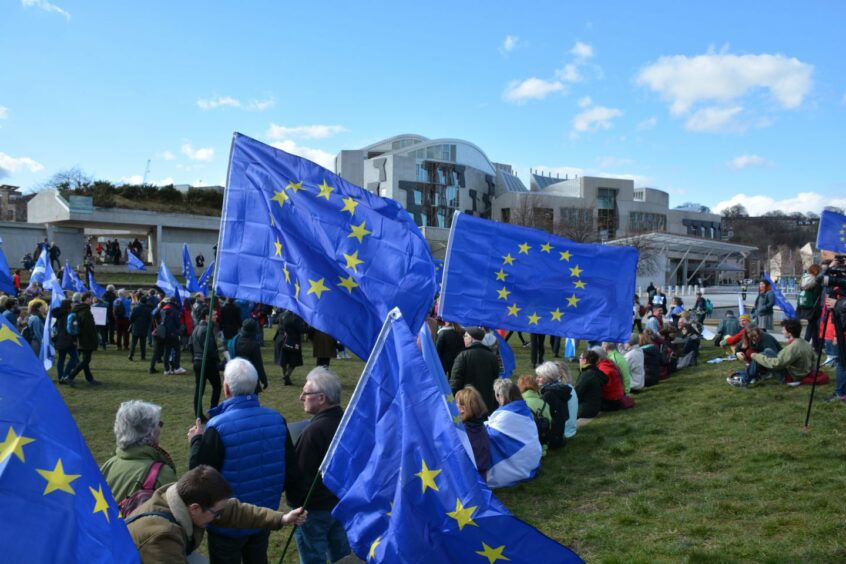


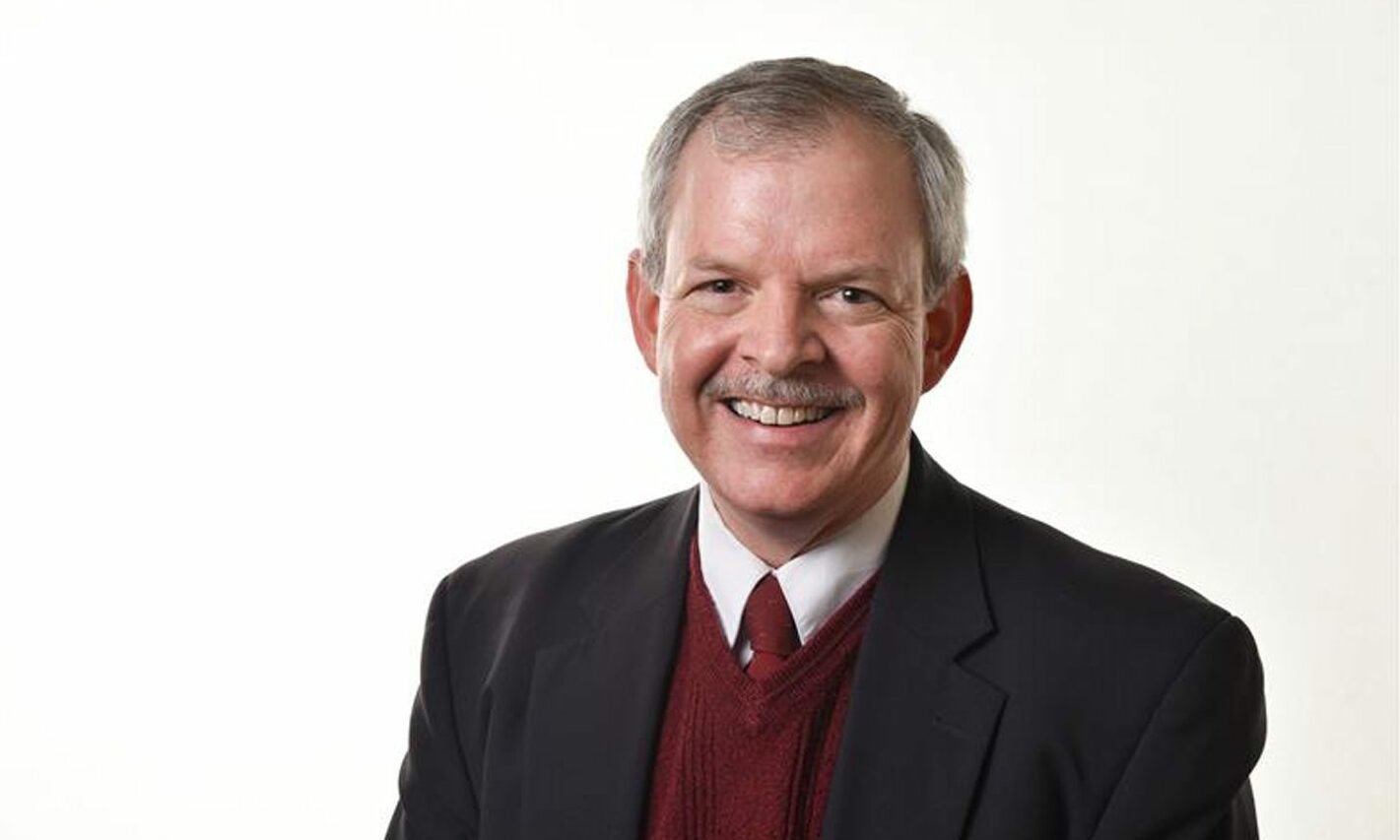
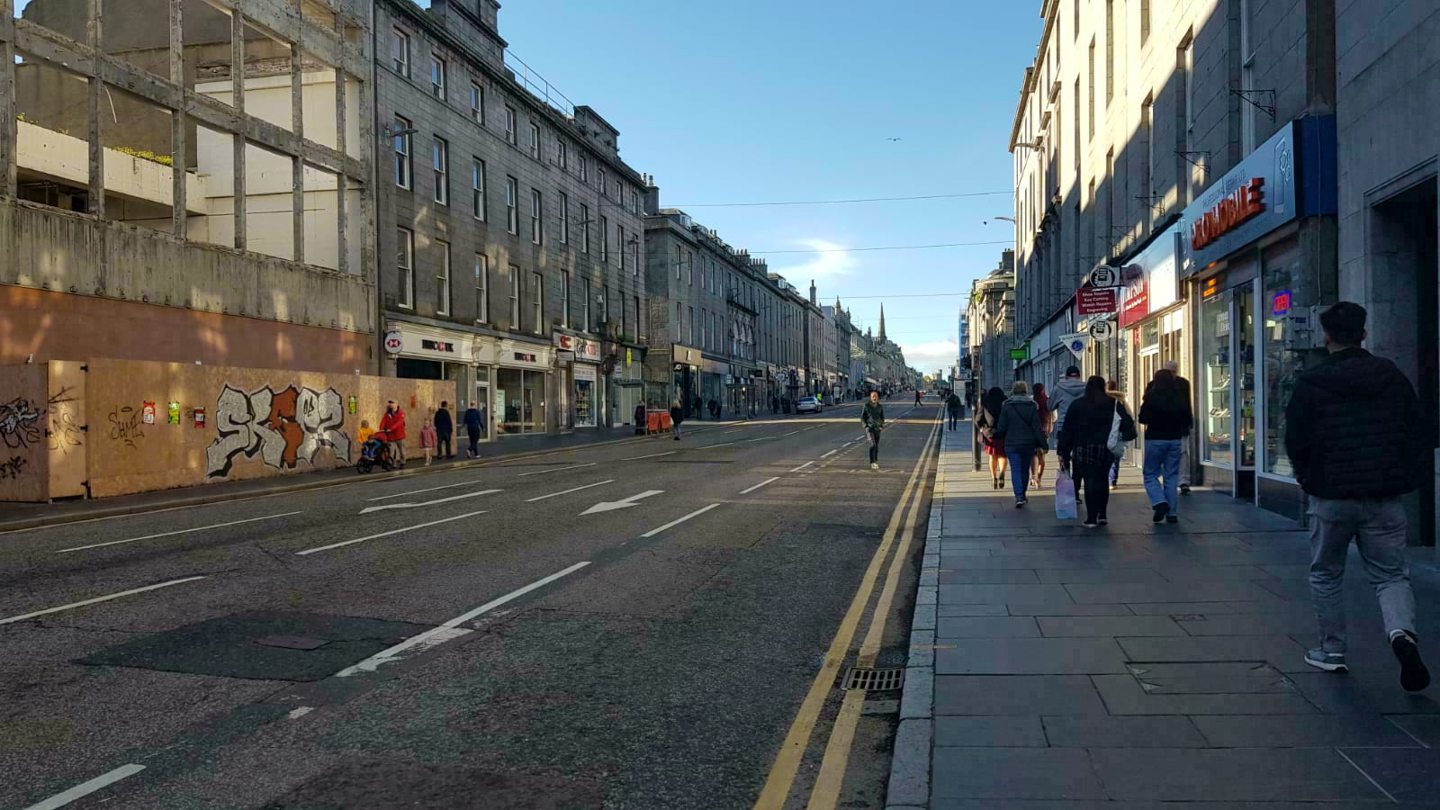

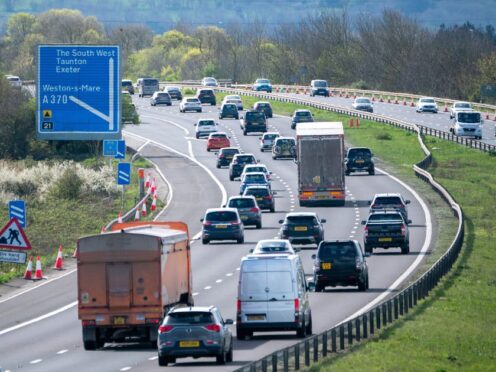
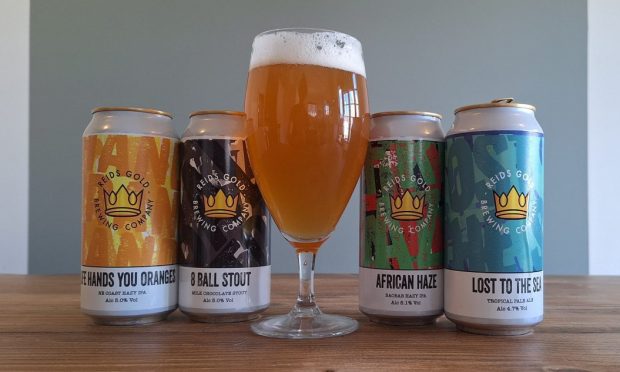
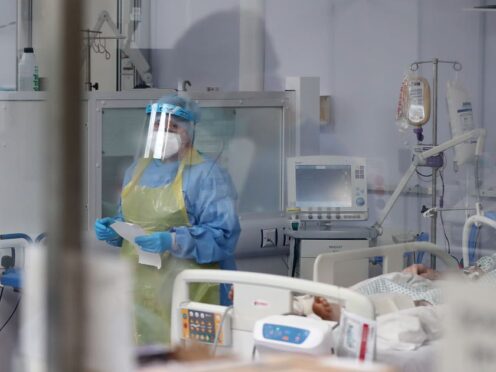
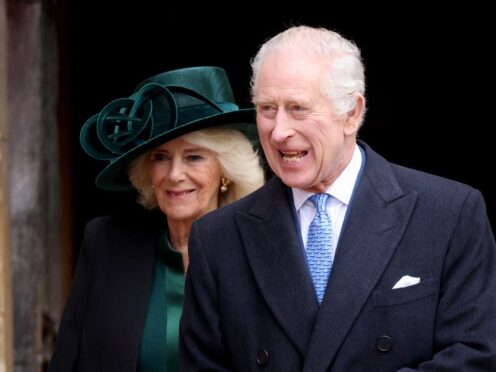
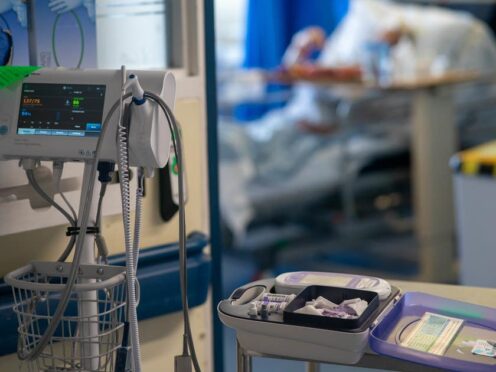
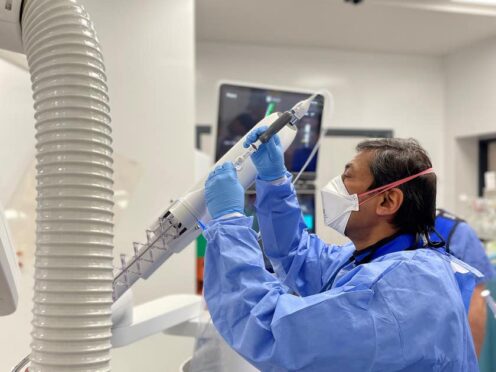
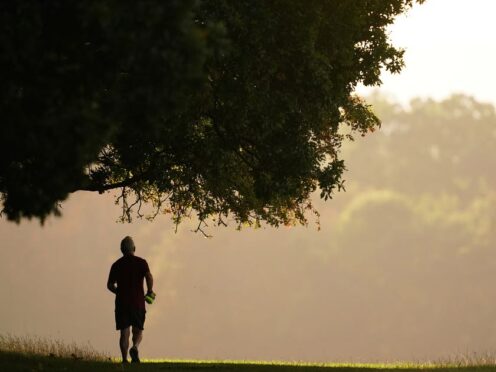
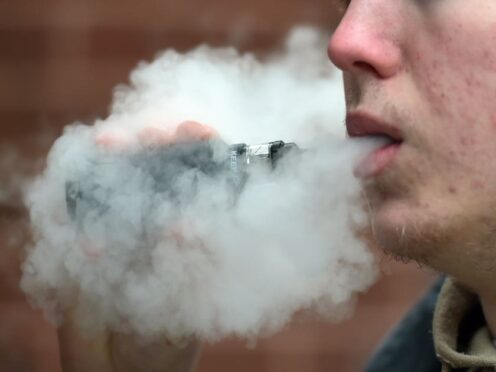
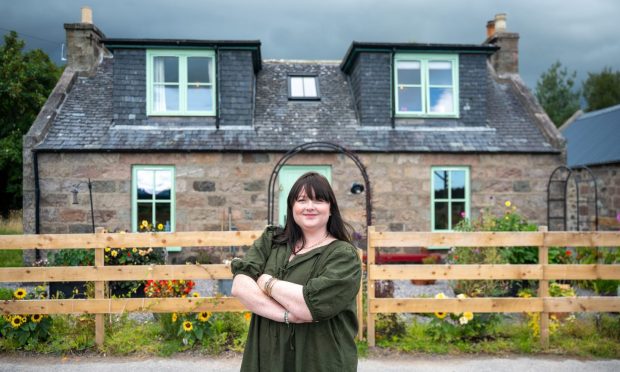

Conversation